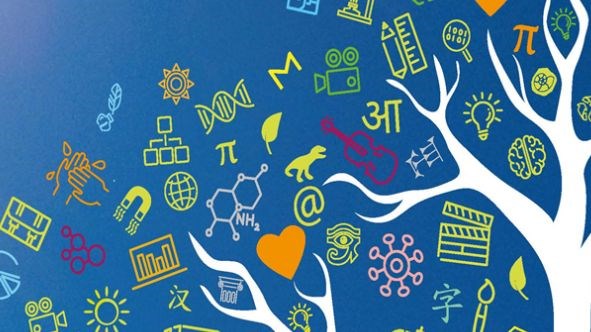Incorporating real-world skills into college learning objectives benefits students by making their education more relevant, engaging, and valuable. It prepares them for the demands of their future careers and empowers them to adapt and excel in an ever-changing world. Additionally, it aligns with the expectations of employers and contributes to the overall societal benefit of a highly skilled and capable workforce.
When students learn with the intention of applying their knowledge in real-life situations, they are more likely to retain that knowledge and transfer it to new contexts. This promotes deeper learning and long-term retention of skills and concepts. By aligning learning objectives with real-world skills, faculty help students develop practical competencies that are directly applicable to their chosen fields. This preparation enhances graduates’ readiness for the job market and their ability to contribute effectively in their professions.
Teaching real-world skills also encourages students to become adaptable lifelong learners who can thrive in a dynamic and rapidly changing world. When students develop real-world skills during their college education, they gain confidence in their abilities and feel more capable of tackling professional challenges. This self-assurance can positively impact their career trajectories, service perspectives, and contributions to society.
For more advice on incorporating real-life skills into your learning objectives, take a look at this resource: Optimizing Learning Objectives for Real-Life Skills DONLAN IDOLS.
And, for additional support on related topics, please feel free to attend our next open office hours session on Thursday, October 19, from 6:00pm to 7:30pm.



